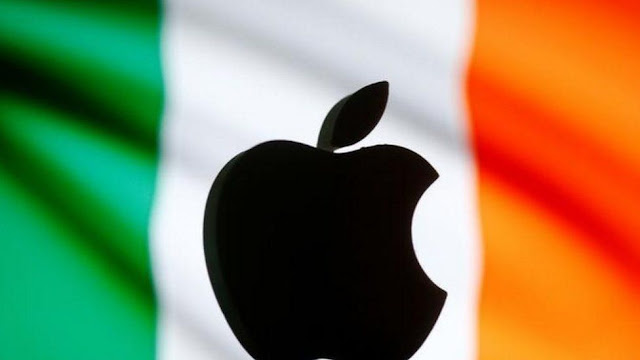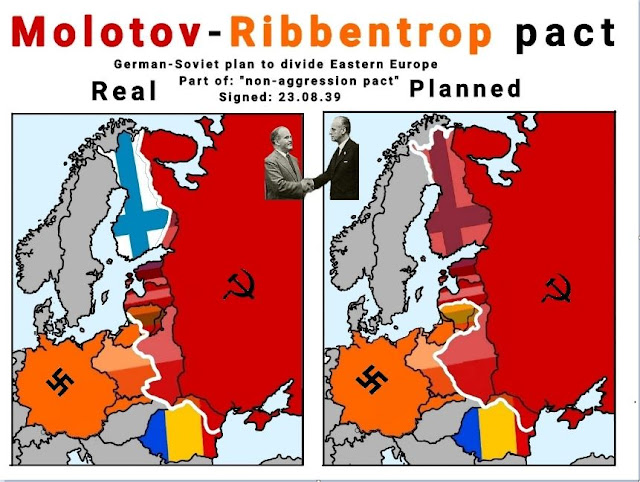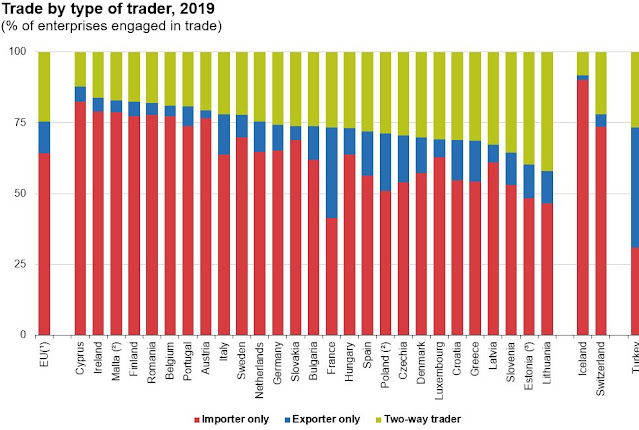Painting depicting the signature of the armistice in the railway carriage in the Forest of Compiègne, Eastern France, November 8. 1918. Behind the table, from right to left, General Weygand, Marshal Foch of France (standing) and British Admiral Rosslyn Wemyss and fourth from the left, British Naval Captain Jack Marriott. In the foreground, Matthias Erzberger (a member of the German government), Major General Detlof von Winterfeldt (with helmet), Alfred von Oberndorff and Ernst Vanselow. (Wikipedia)
In recent times in the West, Donald Trump has used the Big Lie to support his false claim that he won the 2020 US presidential election. Many Republicans support the claim of fraud at the top of the ballots on November 3, 2020, but they do not contest the results of the balloting for other offices that day. Ironically Mark Meadows, Trump’s White House chief of staff who spread bogus election fraud claims — and pressured government officials to look into them — is being investigated for alleged voter fraud in the 2020 election.
According to The Washington Post's Fact Checker team, Donald Trump made false or misleading claims that total 30,573 over 4 years in office. Trump's first Big Lie — that Barack Obama was not born in the United States — helped to make Trump president. His second Big Lie marks him as the worst of 45 men who have been president of the United States (Grover Cleveland was the 22nd and 24th president).
Adolf Hitler explained how the Big Lie works in 'Mein Kampf' where he accused Jews of spreading lies about the performance of the German army during the First World War.
However, Hitler's Biggest Lie was that Germany was undefeated in 1918.
Vladimir Putin, the Russian dictator, has a warped view of history dating back 1,000 years. Ukraine is currently run by Nazis while in Russia today it's a crime to refer to Stalin's collusion with Hitler in 1939-1941.
Putin like Hitler regards civilians as legitimate targets and despite the lies, it's clearly a part of the strategy in Ukraine.
Timothy Snyder, professor of history at Yale University, writes in The Washington Post "A war based upon a Big Lie is ...hard on its culture of origin. Everyone is looking at the Russian nation — or perhaps, rather, for it. What does it do to a society to invade a neighbour, which it claims to love, on the basis of bottomless self-deception? Americans have not yet recovered from the lies they told about Iraq two decades ago, and the Russian deception campaign runs far deeper. How are Russian parents altered when they deny to their children in Ukraine that any war is taking place? What sort of nation makes war and then forbids the use of the very word?"
There has been no invasion of Ukraine and the war is a “special military operation.”
"Even as Russians are committing war crimes that violate Ukraine’s right to exist, Russians are told (and often seem to believe) that they are refighting the Second World War and resisting Nazis. That is a very Big Lie, and Big Lies do lasting damage."
Vladimir Solovyov a well-known fanatical pro-Putin TV propagandist said last week "This is a battle from the war that started on May 9, 1945, when they — pretending that they’re with us — were getting ready to destroy us.”
Soloyvev (or Solovyov) pretends to hate the West while having 2 villas on Italy’s Lake Como, which have been seized by the Italian authorities. The TV host has said on air that he will murder those who "stole" his Italian properties.

















.jpg)













